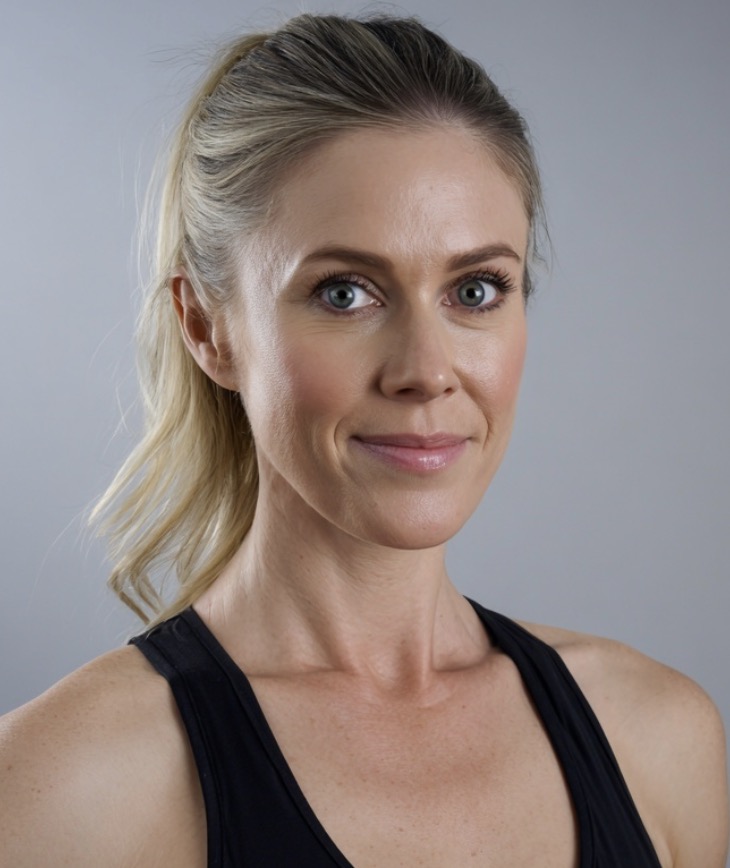
August 9, 2025
The Hidden Habits That Lower Your Testosterone (And How to Fix Them)

Noah Miller
Head Coach
Most men think testosterone is just about muscle. In reality, it’s the hormone that runs almost everything in your life: energy, recovery, mood, sleep, focus, libido, and confidence.
Here’s the problem: modern lifestyles are quietly destroying it. Men today have, on average, 20–30% lower testosterone than men in the 1980s (Journal of Clinical Endocrinology & Metabolism, 2007). That’s not genetics — it’s stress, poor sleep, nutrition gaps, and training mistakes.
This isn’t just a “fitness issue.” Low testosterone feels like:
The good news? Testosterone isn’t fixed. With the right changes, you can bring it back — often faster than you think.
Even one week of sleeping under 6 hours can drop testosterone by 10–15% (University of Chicago, 2011). Chronic sleep debt is like pulling the plug on your hormones.
Fix: Build a wind-down routine: no screens 60 minutes before bed, keep your room cool and dark, and stick to consistent sleep/wake times. Men who restore 7–8 hours often see testosterone rebound within weeks.
Testosterone production relies on zinc, magnesium, and healthy fats. Diets high in processed carbs and low in micronutrients weaken hormone balance.
Fix: Go for whole foods — eggs, salmon, lean beef, nuts, seeds, spinach. Pumpkin seeds are a zinc powerhouse, crucial for testosterone and recovery.
High cortisol (the stress hormone) directly suppresses testosterone. Constant work pressure, lack of recovery, and always being “on” keeps cortisol elevated.
Fix: Active recovery isn’t optional. Walking outdoors, deep breathing, sauna, or just unplugging lowers cortisol. Research shows mindfulness practices boost testosterone indirectly by cutting stress load.
Alcohol and everyday chemicals (plastics, pesticides) can lower testosterone and sperm quality.
Fix: Cut alcohol to weekends only, switch to glass/steel containers, and avoid unnecessary processed chemical exposure.
Most men either under-train (endless cardio, no lifting) or over-train (6-day “grind” with no recovery). Both hurt testosterone.
Consistency beats extremes. Men who train 3–4x/week sustainably show higher baseline testosterone than “all-out grinders.”
Most men lose testosterone not because of age, but because of daily habits that slowly drain it. Fix sleep. Train with structure. Eat foods that fuel hormones. Lower chronic stress. Protect recovery.
You don’t need shortcuts or gimmick “testosterone boosters.” You need science, structure, and consistency.
The reward? Not just more muscle, but more energy, sharper focus, stronger confidence, and a better quality of life — in and outside the gym.

September 1, 2025
Why Back Pain Isn’t Just Bad Luck and How Strength Training Fixes It
Sofia Klein
Coach
.png)
August 6, 2025
The Overlooked Superfoods That Transform Performance
Giulia Romano
Coach